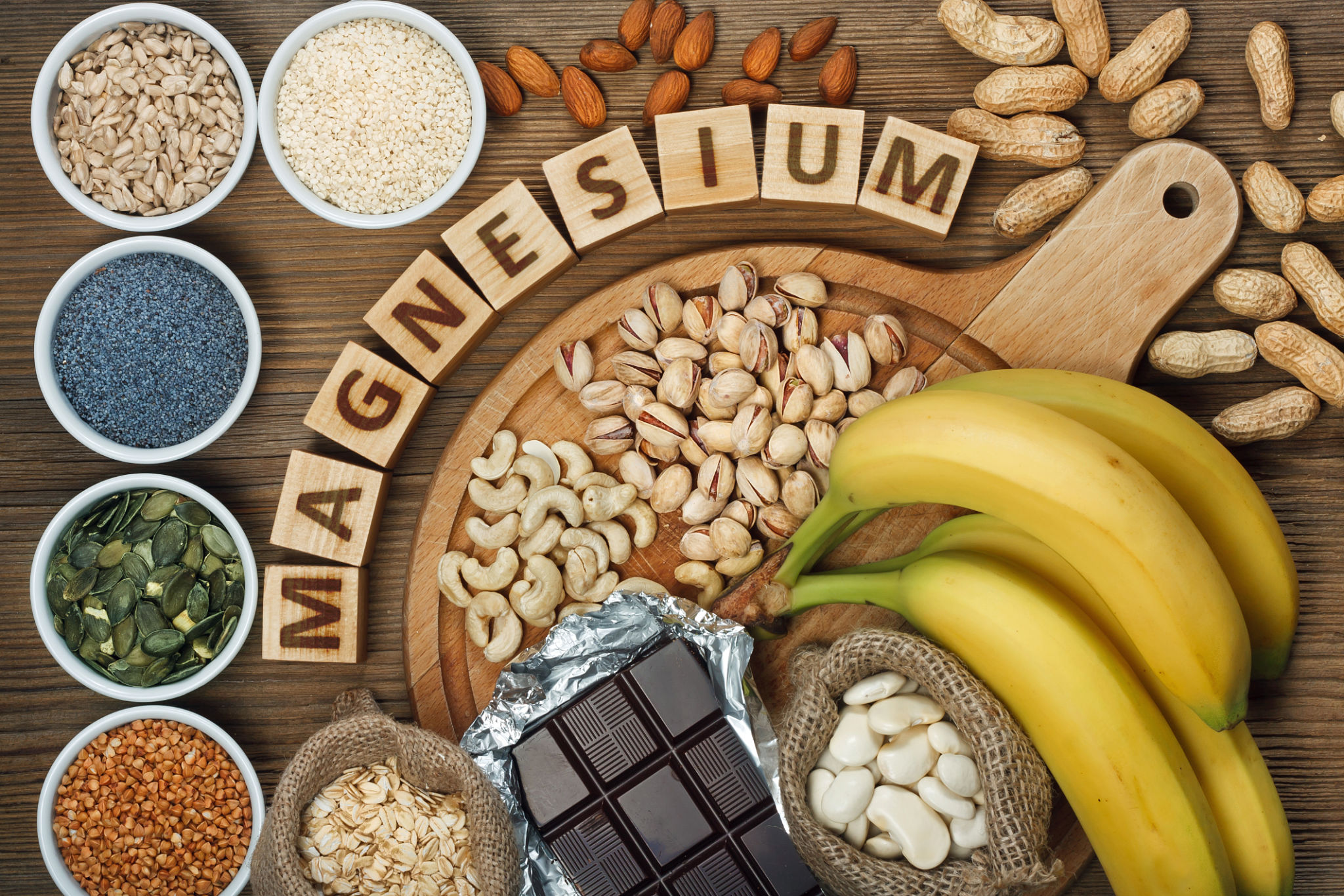PCOS and Nutrition: Managing Symptoms through Diet
ML
Polycystic Ovary Syndrome (PCOS) is a hormonal disorder affecting women of reproductive age. It is characterized by irregular menstrual cycles, excess androgen levels, and polycystic ovaries. Nutrition plays a significant role in managing PCOS symptoms and improving overall health. This article explores evidence-based dietary strategies to help manage PCOS.
Understanding PCOS
PCOS affects approximately 6-12% of women globally and is associated with various health complications, including insulin resistance, obesity, type 2 diabetes, and cardiovascular disease. Symptoms of PCOS include irregular periods, hirsutism, acne, and weight gain.
Nutritional Strategies
1) Balanced Diet:
A balanced diet rich in whole foods is crucial for managing PCOS. Focus on consuming a variety of fruits, vegetables, whole grains, lean proteins, and healthy fats to provide essential nutrients and support overall health .

2) Low Glycemic Index (GI) Foods:
Low GI foods help regulate blood sugar levels, which is particularly important for women with PCOS who often experience insulin resistance. Foods with a low GI include whole grains, legumes, nuts, seeds, and non-starchy vegetables .
3) Anti-Inflammatory Foods:
Inflammation is a key component of PCOS. Incorporating anti-inflammatory foods such as fatty fish, leafy greens, berries, and nuts can help reduce inflammation and improve symptoms .

4) Omega-3 Fatty Acids:
Omega-3 fatty acids have been shown to improve insulin sensitivity and reduce inflammation. Sources of omega-3s include salmon, mackerel, chia seeds, flaxseeds, and walnuts .

5) Avoiding Processed Foods:
Processed foods often contain high levels of sugar, unhealthy fats, and additives that can exacerbate PCOS symptoms. Limiting the intake of processed foods and focusing on whole, natural foods is beneficial .
6) Vitamin D and Magnesium:
Vitamin D and magnesium deficiencies are common in women with PCOS. Ensuring adequate intake of these nutrients through diet or supplements can help manage symptoms. Foods rich in vitamin D include fatty fish and fortified dairy products, while magnesium-rich foods include leafy greens, nuts, and seeds .

Dietary management is a key component of managing PCOS symptoms. A balanced diet rich in low GI, anti-inflammatory foods, omega-3 fatty acids, and adequate levels of vitamin D and magnesium can significantly improve symptoms and overall health. Consulting with a registered dietitian can provide personalized guidance and support for managing PCOS through nutrition.